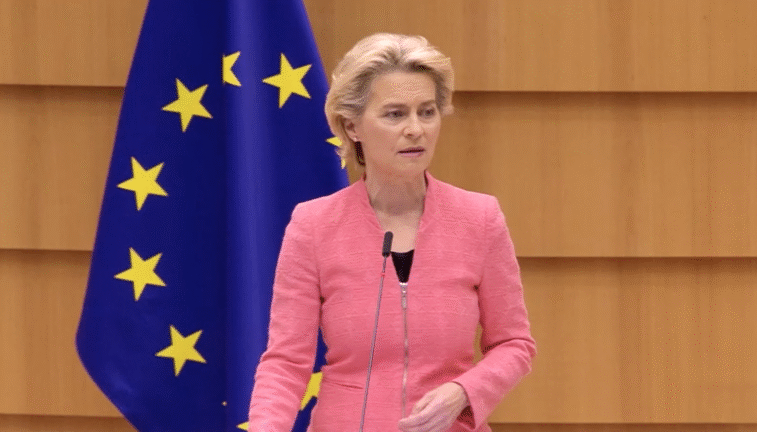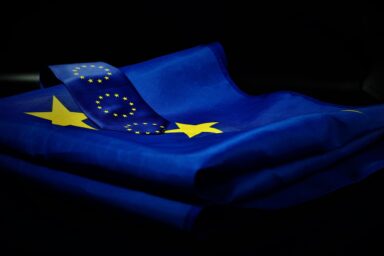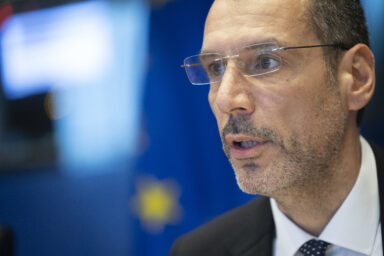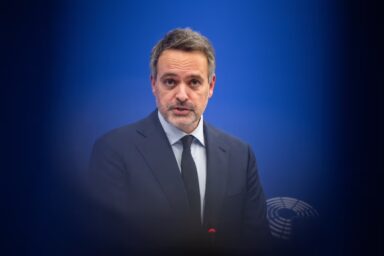The European Commission has initiated creation of a new intelligence body under the chairmanship of Ursula von der Leyen. The plan, already confirmed by the Berlaymont, is officially intended to improve the sharing and use of information collected by national intelligence services. However, experts doubt its feasibility, given the traditional reluctance of member states to share intelligence information.
“We are in a challenging geopolitical and geoeconomic environment, and the Commission, because of this, is examining how to strengthen its security and intelligence capabilities,” Commission spokesperson Balazs Ujvari, cited by Reuters, said on Tuesday, 11 November. Mr Ujvari also said that the plan is currently in the initial phase. “Creation of a dedicated cell within the Secretariat General is being considered,” spokesperson added.
Response to threats or sidelining Kallas?
The plan—which is supposed to involve officials from national intelligence agencies—has reportedly not yet been formally communicated to all 27 member states. Moreover, similar structure already exists within the EU. The European Union’s Situation and Intelligence Centre (INTCEN) is part of External Action Service (EEAS), which serves as Diplomatic Service of the EU. EEAS is placed under the direct authority of Kaja Kallas, the High Representative for Foreign Affairs.
Though Paula Pinho, Commission’s chief spokesperson, insisted that the new body would “strengthen the structures that already exist”, the whole thing raises suspicions that this it could be just an attempt to concentrate even more power in the hands of the Commission President Ursula von der Leyen. At the expense of Ms Kallas.
Build trust, do not divide
Many agree on the fact that the hybrid war operations conducted by Russia and Belarus against the EU bloc reveal the urgency of improving the response at the EU level. The threat of American disengagement from the European continent increases such urgency even further. However, sharing of intelligence information is an extremely sensitive topic for member states.
Cristina Vanberghen, expert in international governance and former diplomat, notes that the priority must be to build trust among the intelligence services of EU member states. “Creating a unit directly under the supervision of Commission President risks going beyond healthy competition. In the current geopolitical crisis, such centralization and overreach are likely to generate even more suspicion and division,” Ms Vanberghen wrote on X.
More similar voices surfaced. “We need a better way to put all this together and be effective and useful to the partners. In intelligence, you have to give something to get something,” a high-level source cited by Financial Times commented on the Commission’s plan.











